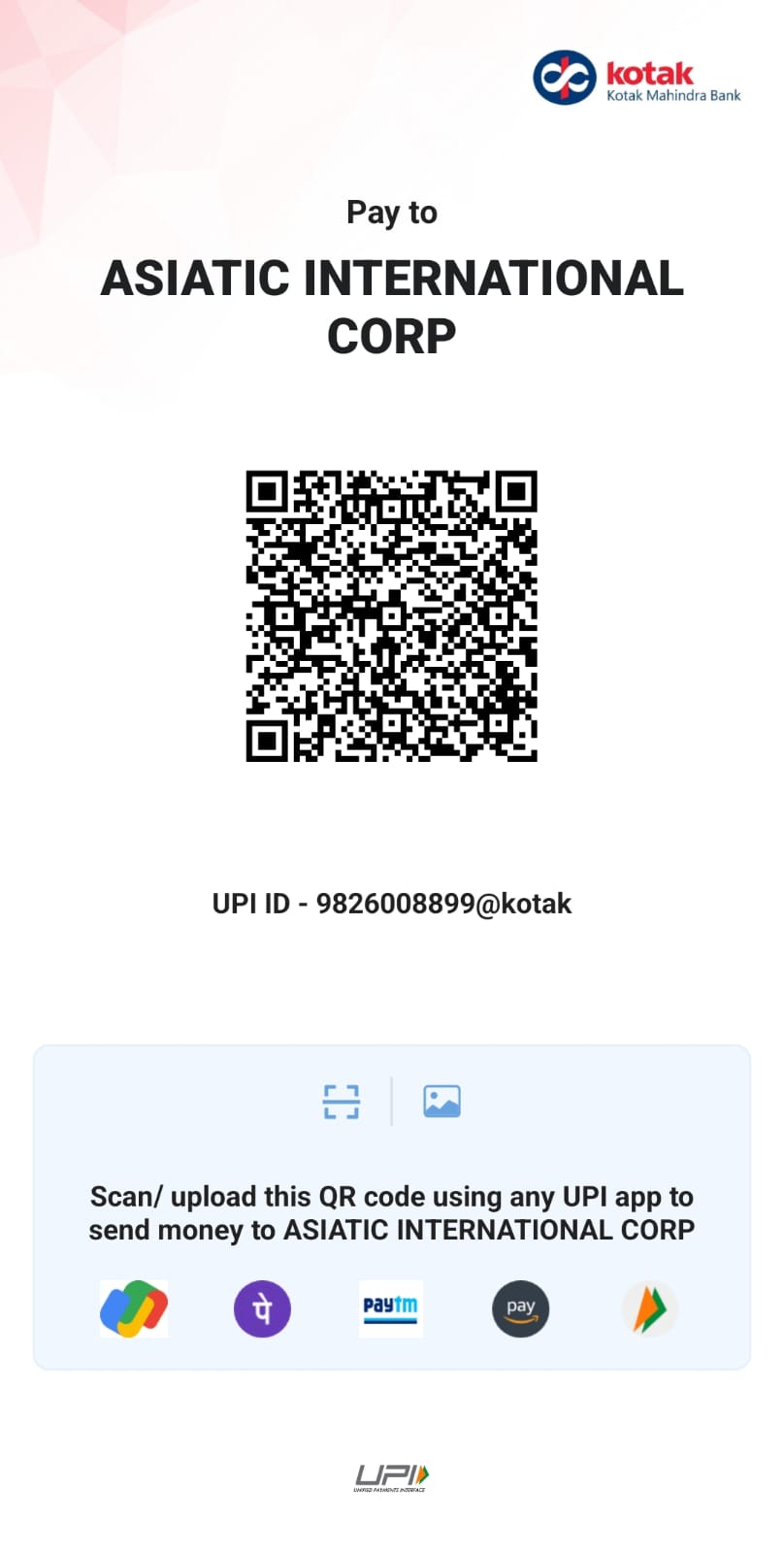Streamlining marketing processes and workflows through Automation Tools
Digital Marketing Automation: Streamlining marketing processes and workflows through Automation Tools .
Digital marketing automation involves the use of technology and software tools to streamline and automate marketing processes and workflows. This approach is aimed at increasing efficiency, saving time, and improving the overall effectiveness of marketing campaigns. Here are key aspects and benefits of digital marketing automation:
Email Marketing Automation:
Drip Campaigns: Set up automated email sequences that deliver targeted content to leads or customers over a predefined period.
Segmentation: Automatically segment your email lists based on user behavior, demographics, or other criteria for more personalized communication.
Lead Nurturing: Nurture leads through the sales funnel with automated responses, delivering relevant content based on where they are in the buying process.
Social Media Automation:
Scheduled Posts: Plan and schedule social media posts in advance across multiple platforms to maintain a consistent online presence.
Social Listening: Use automation tools to monitor social media for brand mentions, relevant keywords, or industry trends.
Social Engagement: Automate responses to common social media interactions, and trigger follow-up actions based on user engagement.
Content Marketing Automation:
Content Distribution: Automate the distribution of blog posts, articles, or other content across various platforms and channels.
Content Curation: Use tools to discover and share relevant content from other sources within your industry to keep your audience engaged.
Analytics and Reporting:
Data Collection: Automatically gather and consolidate data from various marketing channels to create comprehensive reports.
Performance Tracking: Monitor key performance indicators (KPIs) and generate reports to assess the effectiveness of different marketing campaigns.
Customer Relationship Management (CRM) Integration:
Lead Management: Automatically update and manage leads within your CRM based on user interactions and behaviors.
Sales and Marketing Alignment: Ensure seamless communication and data sharing between sales and marketing teams to enhance collaboration.
Personalization:
Dynamic Content: Utilize automation to customize content based on user behavior, preferences, or demographics.
Behavioral Triggers: Set up automated responses or offers triggered by specific user actions or milestones.
Workflow Automation:
Task Automation: Streamline internal processes by automating routine tasks, such as lead scoring, data entry, and campaign tracking.
Campaign Sequencing: Design and automate complex marketing workflows, ensuring a coherent and well-timed sequence of activities.
Lead Scoring and Qualification:
Behavioral Scoring: Automatically assign scores to leads based on their interactions with your digital assets.
Qualification Rules: Implement rules to automatically categorize and prioritize leads based on predefined criteria.
A/B Testing:
Automated Testing: Use automation to conduct A/B tests on various elements of your campaigns, such as email subject lines, landing pages, or ad creatives.
Cost Efficiency and Time Savings:
Resource Allocation: Automate repetitive tasks to free up time for marketing teams to focus on strategic planning and creativity.
Cost Reduction: Improve ROI by optimizing campaigns through data-driven insights and automation.
In summary, digital marketing automation enhances efficiency, personalization, and the overall effectiveness of marketing efforts by automating repetitive tasks, enabling more targeted communication, and providing valuable insights for continuous improvement. It is crucial to select the right tools, define clear objectives, and continuously analyze and optimize automated processes for maximum impact.
Certainly! Let's delve deeper into some specific areas of digital marketing automation:
Lead Scoring:
Behavioral Tracking: Monitor how leads interact with your website, emails, and other digital touchpoints to assign scores based on their engagement.
Demographic Scoring: Include demographic information to prioritize leads based on factors such as job title, company size, or location.
Integration with CRM: Ensure seamless integration with your CRM system to update lead scores and provide valuable insights to the sales team.
Personalized Landing Pages:
Dynamic Content: Create landing pages with dynamic content that adapts to the visitor's profile or behavior.
Segmentation: Use automation to direct visitors to personalized landing pages based on their interests, location, or previous interactions.
Customer Retention:
Automated Surveys: Send automated surveys to collect feedback and gauge customer satisfaction.
Re-engagement Campaigns: Set up automated campaigns to re-engage inactive or dormant customers with targeted offers or content.
Abandoned Cart Recovery:
Automated Email Reminders: Send automated emails to customers who abandon their shopping carts, encouraging them to complete the purchase.
Dynamic Discounts: Use automation to offer personalized discounts or incentives based on the items left in the cart.
AI and Machine Learning:
Predictive Analytics: Leverage AI and machine learning algorithms to predict customer behavior and optimize marketing strategies.
Content Recommendations: Use AI to analyze user preferences and deliver personalized content recommendations.
Ad Campaign Automation:
Ad Scheduling: Automatically schedule and adjust the timing of your digital advertising campaigns for optimal performance.
Budget Management: Set up automated rules to adjust ad budgets based on performance metrics and predefined criteria.
Cross-Channel Integration:
Multi-Channel Campaigns: Integrate automation across various channels (email, social media, website) to ensure a cohesive and synchronized marketing strategy.
Unified Customer View: Centralize customer data from different channels for a comprehensive view of customer interactions and behaviors.
Lead Attribution Modeling:
Multi-Touch Attribution: Utilize automation to attribute lead conversions to various touchpoints in the customer journey.
Data-driven Insights: Leverage automation tools to analyze and understand the most effective channels and campaigns contributing to lead generation and conversion.
Compliance and Personal Data Protection:
Automated Consent Management: Ensure compliance with data protection regulations by automating consent management processes.
Data Encryption: Implement automated measures to encrypt and protect sensitive customer data.
Continuous Optimization:
A/B Testing Automation: Use automated tools to conduct ongoing A/B tests and optimize marketing elements for better performance.
Analytics Automation: Set up automated reporting and analytics processes to track and analyze campaign performance over time.
Digital marketing automation is a dynamic field, and staying abreast of emerging technologies and trends is crucial. Regularly evaluate the performance of your automated processes, refine strategies based on data-driven insights, and explore new automation tools to enhance your marketing efforts continuously.
Amith M Kashyap
Digital Marketing Team
7892017767
Amithmk.flyingcrews@gmail.com
www.flyingcrews.com
https://t.ly/luis7
https://rb.gy/ukmxwk
Asiatic International Corp
Products
Our Service
.jpeg)
Online Airline Career Counselling
Online Airline Career Counselling and Books orchestrated by Captain Shekhar Gupt... Show more

Online Airline Career Counselling
Online Airline Career Counselling and Books orchestrated by Captain Shekhar Gupt... Show more
.jpeg)
Counselling For Airline Pilot Training
Airline Pilot Training By Capt Shekhar Gupta Author / Pilot Pilot's Career... Show more
Gallery
Payment QR














.jpeg)


.jpeg)



.jpeg)





No comments:
Post a Comment